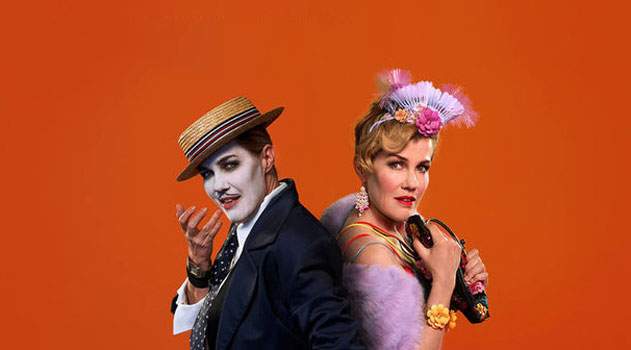The Good Soul of Szechuan
Dystopian humanity, greed and alter egos.
Overview
In an intense and controversial social commentary, Bertolt Brecht’s 1945 comedic yet tragic tale The Good Soul of Szechuan asks audiences to consider the diminishing sense of humanity in the world. Brecht, the German-born playwright is highly celebrated in the world of modern epic theatre, with works including The Life of Galileo and Mother Courage and Her Children. His most famous work was written with compatriot Kurt Weill, The Threepenny Opera. Each of Brecht’s tales questions aspects of society and comprises twists and darkness that both intrigue and excite.
Set in a poverty-stricken world, where it appears that all forgiving traits of human nature have leaked from the world’s gene pool, the story follows three Gods who descend from the heavens with the intention of rewarding anyone they can find who is good. The only good person left on the planet is Shen Te, a street worker who offers them shelter for the night. The Gods provide the woman with the means to start a tobacco business, although this creates more trouble than good for the ex-prostitute. People start to take advantage of Shen Te’s newfound wealth and in order to keep from becoming consumed by the greed that has overcome the rest of the world, she creates Shui Ta, her male alter ego to endure the pressures of hardship that come with money. The story revolves around Shen as she switches between her identities and attempts to retain her humanity in the dystopia.
The play is definitely not a feel-good fairytale and when you leave the theatre you’ll definitely take a little more luggage with you than when you arrived, but the characters are deep, the music is dark and the storyline is unlike anything you’ve ever witnessed.





